Prime Minister Orban's interview began with a discussion of the Romanian parliamentary elections. He remarked that while Hungarians will vote this weekend, the elections are not in Hungary, but in Romania. According to Mr. Orban, the current situation in the neighboring country is both exciting and instructive. There’s a lot going on: a presidential race and a parliamentary election happening simultaneously, PM Orban underlined.
He commended Hunor Kelemen, president of the Democratic Alliance of Hungarians in Romania (RMDSZ), for what he called a fantastic performance in the first round of the presidential election.
We can be proud of Mr. Kelemen, who successfully represents the Hungarian minority in Romania's Transylvania, even in Romanian-language debates, Mr. Orban said. "We can be proud of Hungarians living beyond the border. The question is whether they are proud of themselves," he said, urging strong turnout in support of RMDSZ during the December 1 parliamentary elections.
– If they take pride in themselves, they must ensure that the Hungarian community in Romania retains parliamentary representation during Sunday's general election, he added, encouraging everyone to participate. He indicated that the first round of Romania's presidential race still hasn't been closed, highlighting a broader issue that Hungary, too, could face in the future.
The government stands behind wage hikes
Discussing the recent wage agreement, Mr. Orban described Hungary’s minimum wage system as unique in Europe, with two tiers: a general minimum wage and a guaranteed wage minimum often described as the minimum wage for skilled workers. The average of these two determines where the overall minimum wage level currently is in Hungary.
Reaching an agreement on wages is primarily between employers and employees, with the government acting as a mediator, according to Mr. Orban, adding that his government make no secret of its intentions and support for the wage hikes.
He outlined the government’s long-term goal to reach an average wage of one million forints, and he argued that - with the current agreement - the government will be able to impact not just the minimum wage, but all salaries across the board.
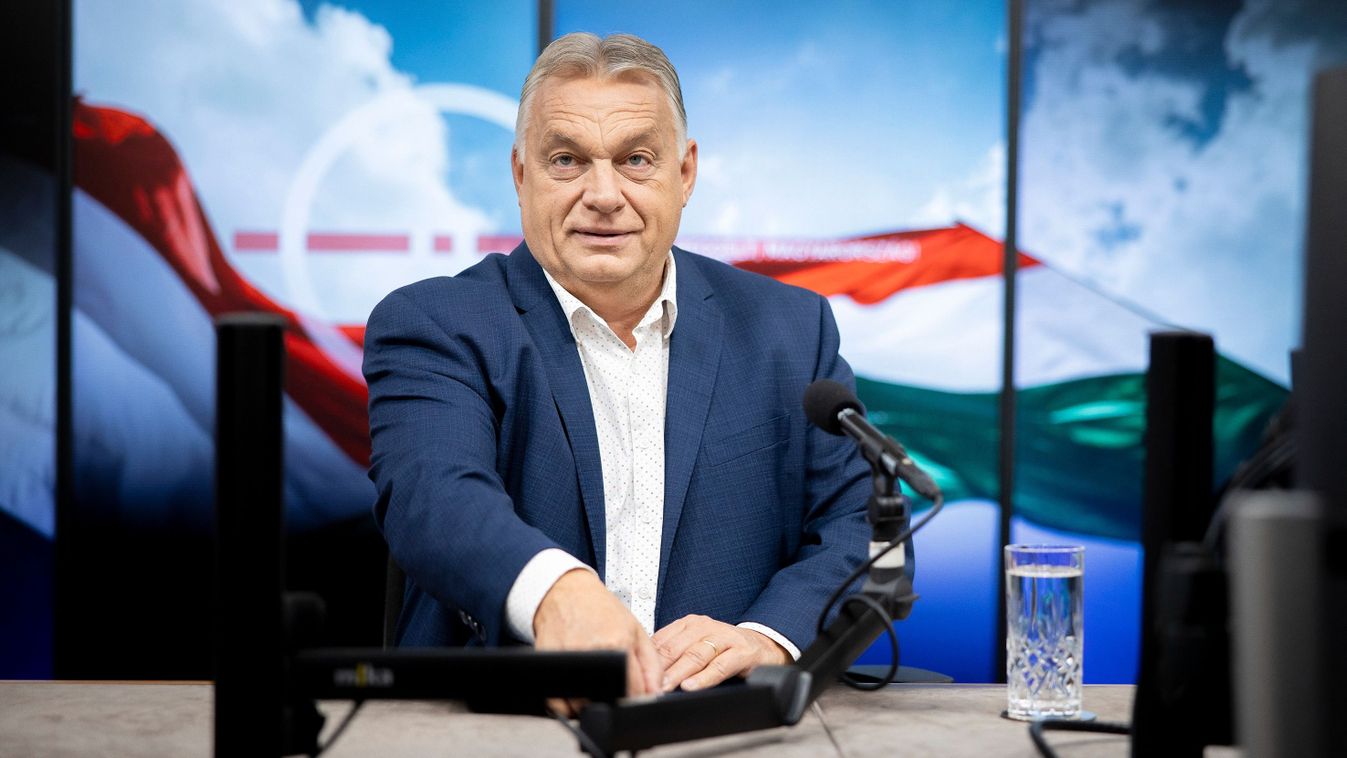
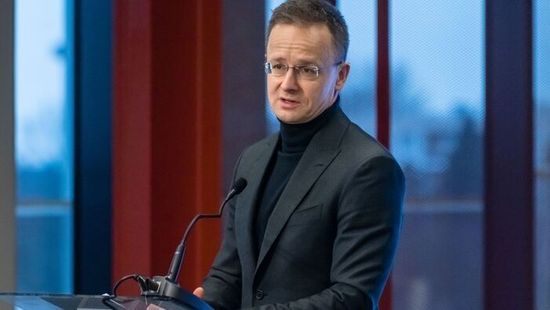
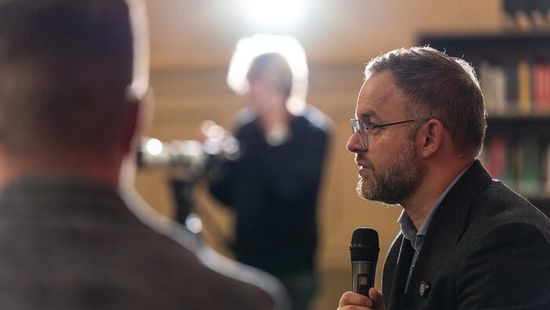
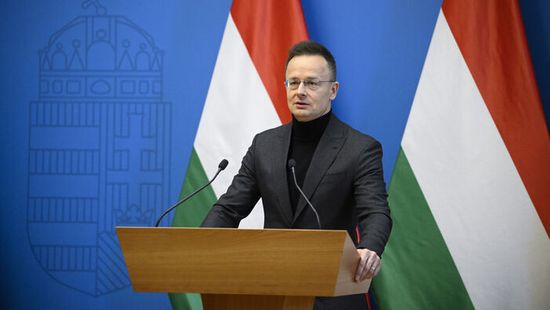
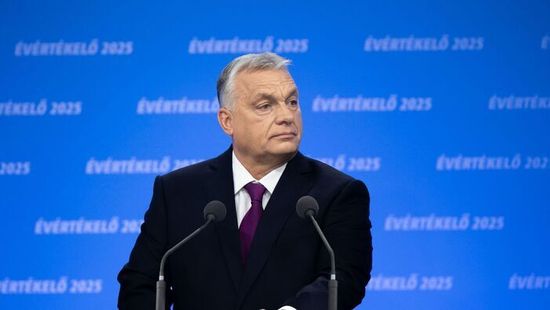


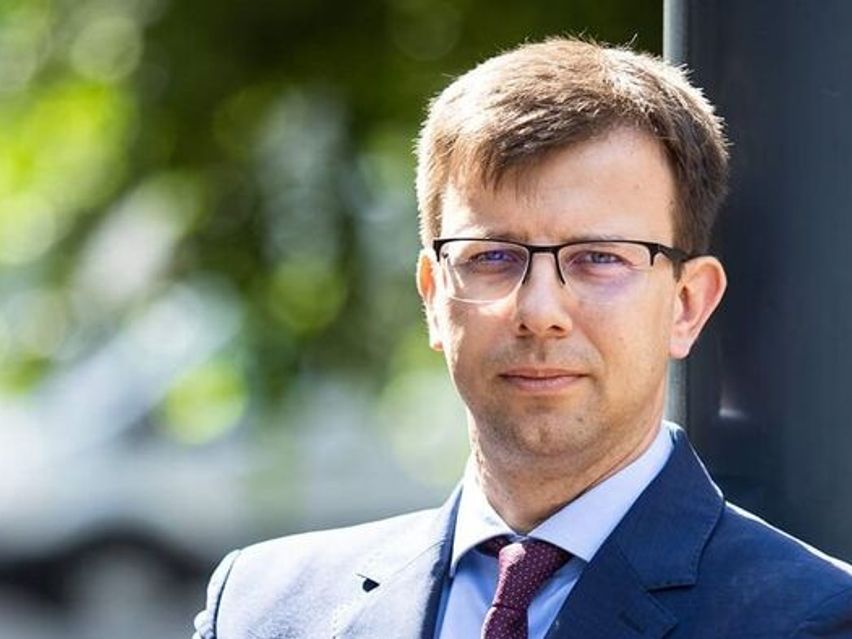

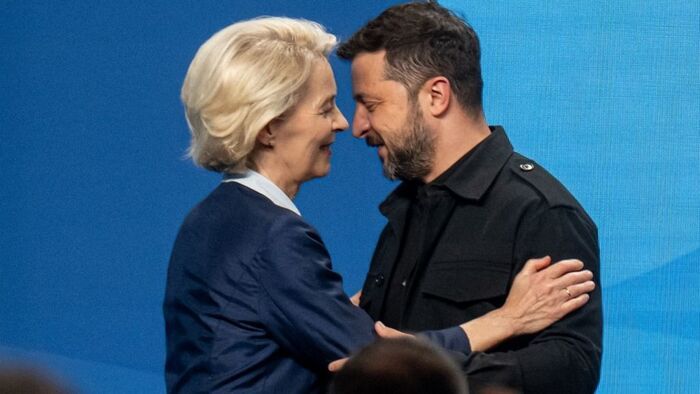

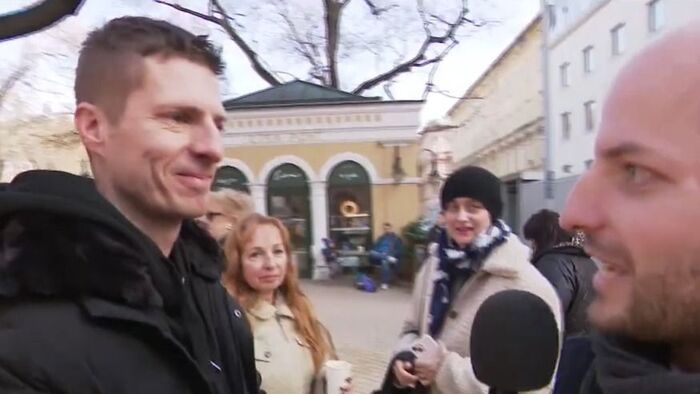
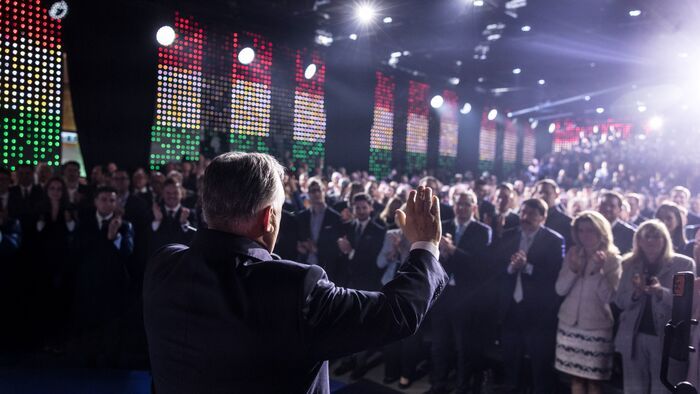
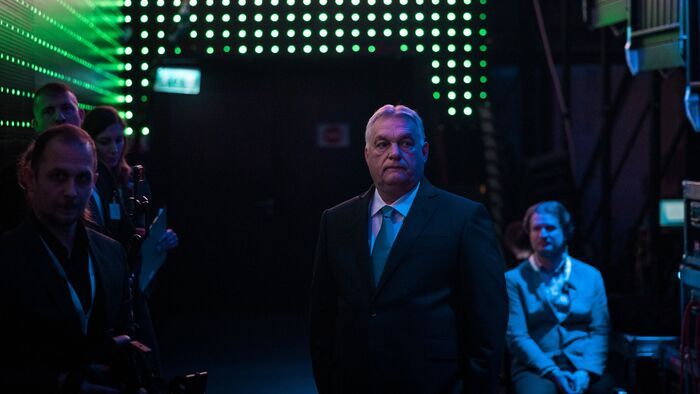
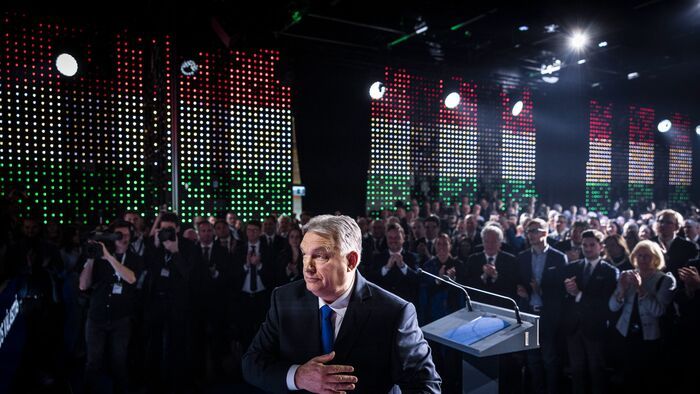
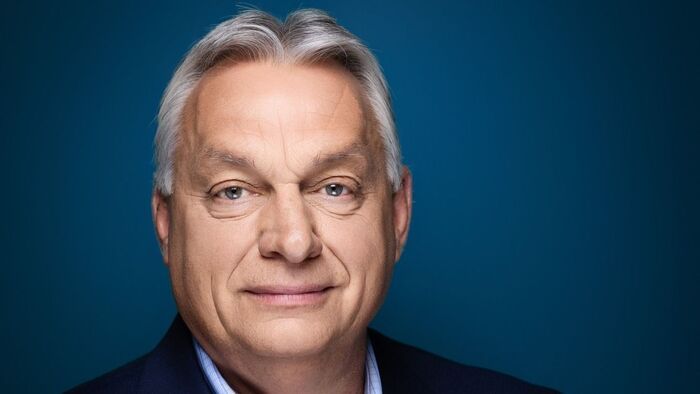
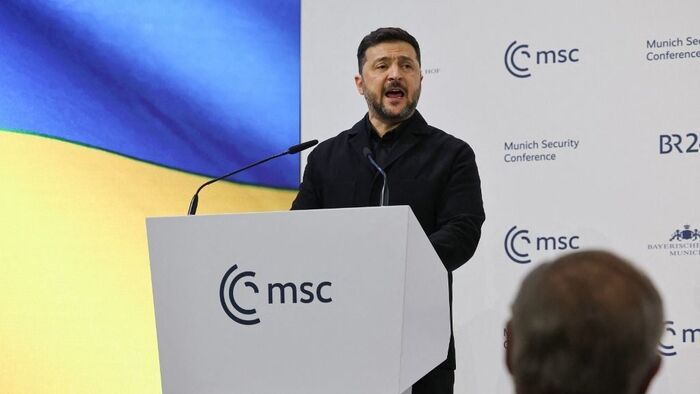
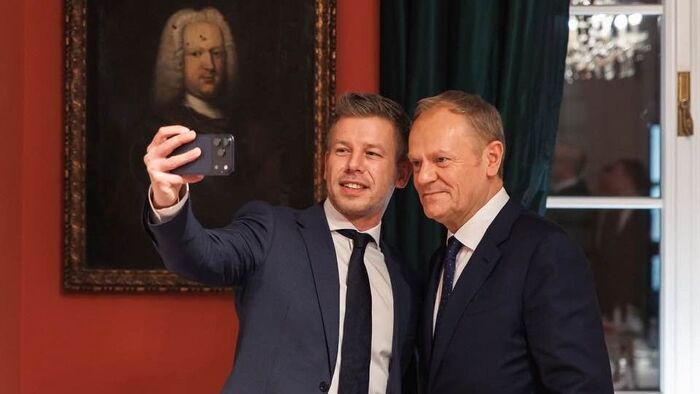


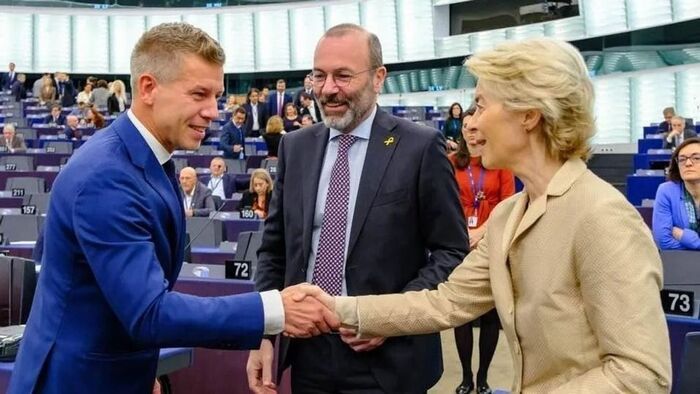


Szóljon hozzá!
Jelenleg csak a hozzászólások egy kis részét látja. Hozzászóláshoz és a további kommentek megtekintéséhez lépjen be, vagy regisztráljon!